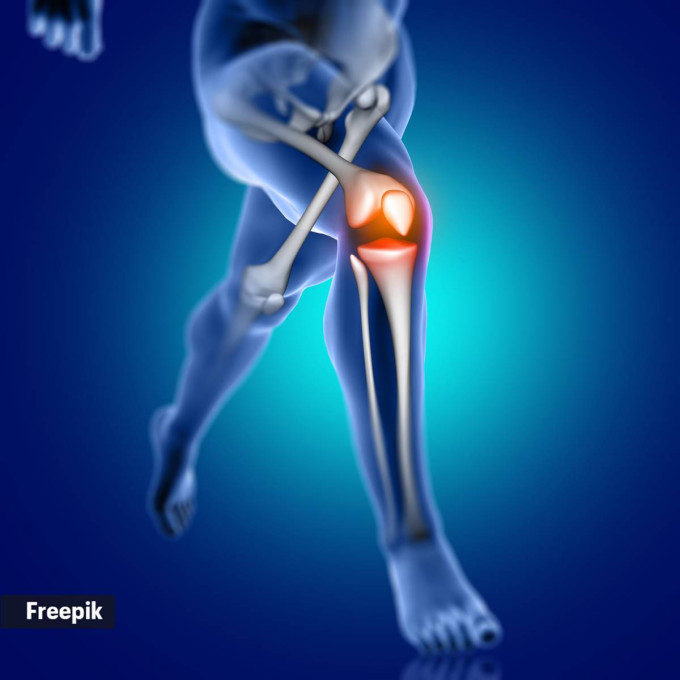Don’t drink milk? This is how you can fulfill your calcium needs
For many, the idea of obtaining sufficient calcium without the customary glass of milk may seem like a dietary puzzle. Whether driven by lactose intolerance, ethical choices, or personal preferences, the quest for calcium-rich alternatives has become more prevalent than ever. Fear not, as we embark on a journey beyond the dairy aisle, unveiling a palette of nutritious alternatives that not only cater to the calcium needs of non-dairy drinkers but also add a flavourful twist to their dietary repertoire.
But first, let’s understand why calcium is important for our bodies. Varsha Gorey, clinical nutritionist, Apollo Hospitals Navi Mumbai, explained that it plays a vital role in maintaining strong bones and teeth, supporting nerve function, muscle contraction, and blood clotting.

“The recommended daily intake of calcium for adults varies but generally falls within the range of 1000-1300 mg. Milk is an excellent source of calcium, providing around 300 mg per cup,” Gorey told indianexpress.com in an interaction.
She added that milk’s bioavailability, meaning the body’s ability to absorb and use calcium, is high due to the presence of lactose and other nutrients. Additionally, milk contains vitamin D, which enhances calcium absorption.
 Incorporating a combination of these sources, along with other nutrient-rich foods, helps support overall bone health and fulfills calcium needs for individuals who do not consume milk. (Pic source: Freepik)
Incorporating a combination of these sources, along with other nutrient-rich foods, helps support overall bone health and fulfills calcium needs for individuals who do not consume milk. (Pic source: Freepik)
Consuming an adequate amount of calcium through sources like milk helps prevent osteoporosis in women, promotes bone health, and supports overall physiological functions, contributing to a well-balanced and healthy adult body.
What are some other calcium-rich alternatives of milk, for those who don’t drink it?
For individuals who don’t consume milk, there are various calcium-rich alternatives to meet their nutritional needs.
- Ditching dairy doesn’t mean compromising on calcium. The array of alternatives available today ensures that non-dairy drinkers can embrace a diverse and nutritionally rich diet while meeting their calcium needs. Fortified plant-based milk alternatives, such as almond, soy, or rice milk, often contain similar levels of calcium as cow’s milk.
- Green leafy vegetables like kale, collard greens, and bok choy, as well as fortified orange juice, dried apricots and tofu, are excellent non-dairy sources of calcium.
- Certain varieties of fish such as shellfish are rich in calcium.
While these alternatives can contribute to meeting adult calcium requirements, it’s essential to plan a diverse and balanced diet to ensure optimal absorption. Incorporating a combination of these sources, along with other nutrient-rich foods, helps support overall bone health and fulfills calcium needs for individuals who do not consume milk.
Disclaimer: The copyright of this article belongs to the original author. Reposting this article is solely for the purpose of information dissemination and does not constitute any investment advice. If there is any infringement, please contact us immediately. We will make corrections or deletions as necessary. Thank you.





